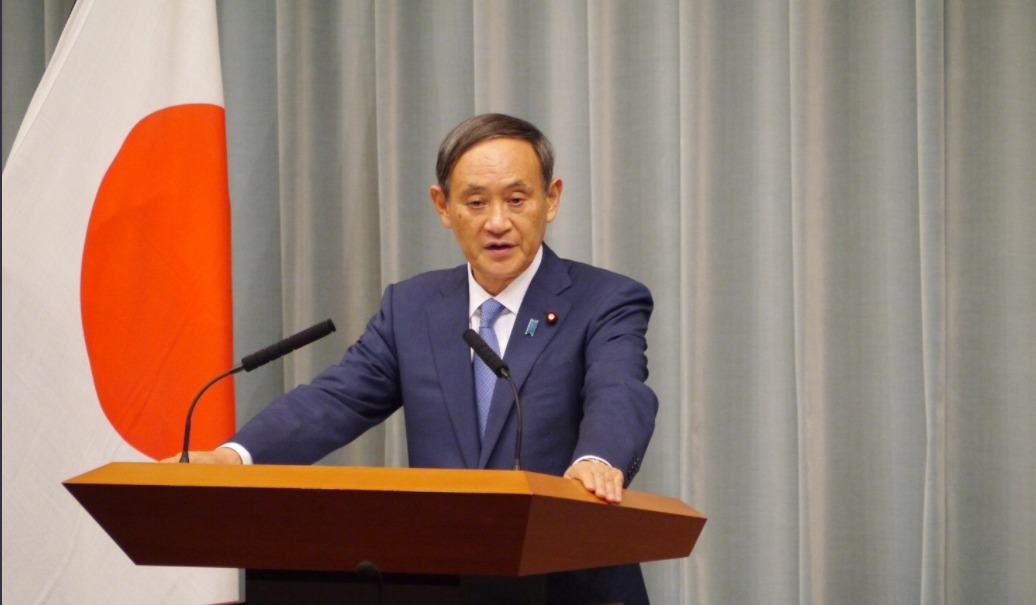Japan's next prime minister as a boy: good in sports, "stiff" as actor
"So he was only really good to play policemen, things like that." Yuri, 71, who grew up three houses away from Suga in Akinomiya, a long, narrow valley so far from central Yuzawa it took nearly two hours to get to high school, describes a boyhood of fishing for trout in the river, playing baseball in harvested rice fields until they were covered in mud and being scolded by their mothers.

- Country:
- Japan
As a boy, friends say, Yoshihide Suga - poised to be Japan's next leader - sledded down mountains in winter, ran track and field and was an avid baseball player. But his skills didn't extend as far as acting.
"He was always kind of stiff," said Masashi Yuri, displaying a photo of their junior high school class play. "So he was only really good to play policemen, things like that." Yuri, 71, who grew up three houses away from Suga in Akinomiya, a long, narrow valley so far from central Yuzawa it took nearly two hours to get to high school, describes a boyhood of fishing for trout in the river, playing baseball in harvested rice fields until they were covered in mud and being scolded by their mothers. And helping out with family businesses - in Suga's case, his father's strawberry farm.
It's a far cry from the background of most leading Japanese politicians, who tend to come from old, wealthy families and hand down their seats through generations. By contrast, Suga's family wasn't poor but there wasn't much to spare. Because the two-metre (6 1/2-foot) snowfalls made it hard to get to school, Suga had to board in town during the winter. There wasn't enough money left for him to play for the high school baseball club.
He later worked part-time to put himself through university in Tokyo, including hauling vegetables in the giant Tsukiji seafood market. "They were kind of in the middle, maybe a little bit above," said Eiji Ito, 72, another boyhood friend who now sells rice and onions from a small shop in Akinomiya. When people needed cash, they would sell cedars they owned in the mountains, he said.
"They did send his two older sisters to university, so maybe there was no money left for him." There was never any sign their skinny, big-eared classmate had large ambitions, and Ito said he didn't study very hard. Instead, he devoted himself to sports, being chosen for school teams in sumo, baseball and track.
In 1964, when Tokyo hosted the Summer Olympics, the 15-year-old Suga took part as a support runner when the Olympic torch relay passed through Yuzawa. "There were no hints he wanted to be a politician," said Yuri, who meets Suga every few months. "In fact, my strongest image of him is playing together until dark, ending up totally covered in mud."
(This story has not been edited by Devdiscourse staff and is auto-generated from a syndicated feed.)
- READ MORE ON:
- Yoshihide Suga
- Japan
- Tokyo
- COVID-19










